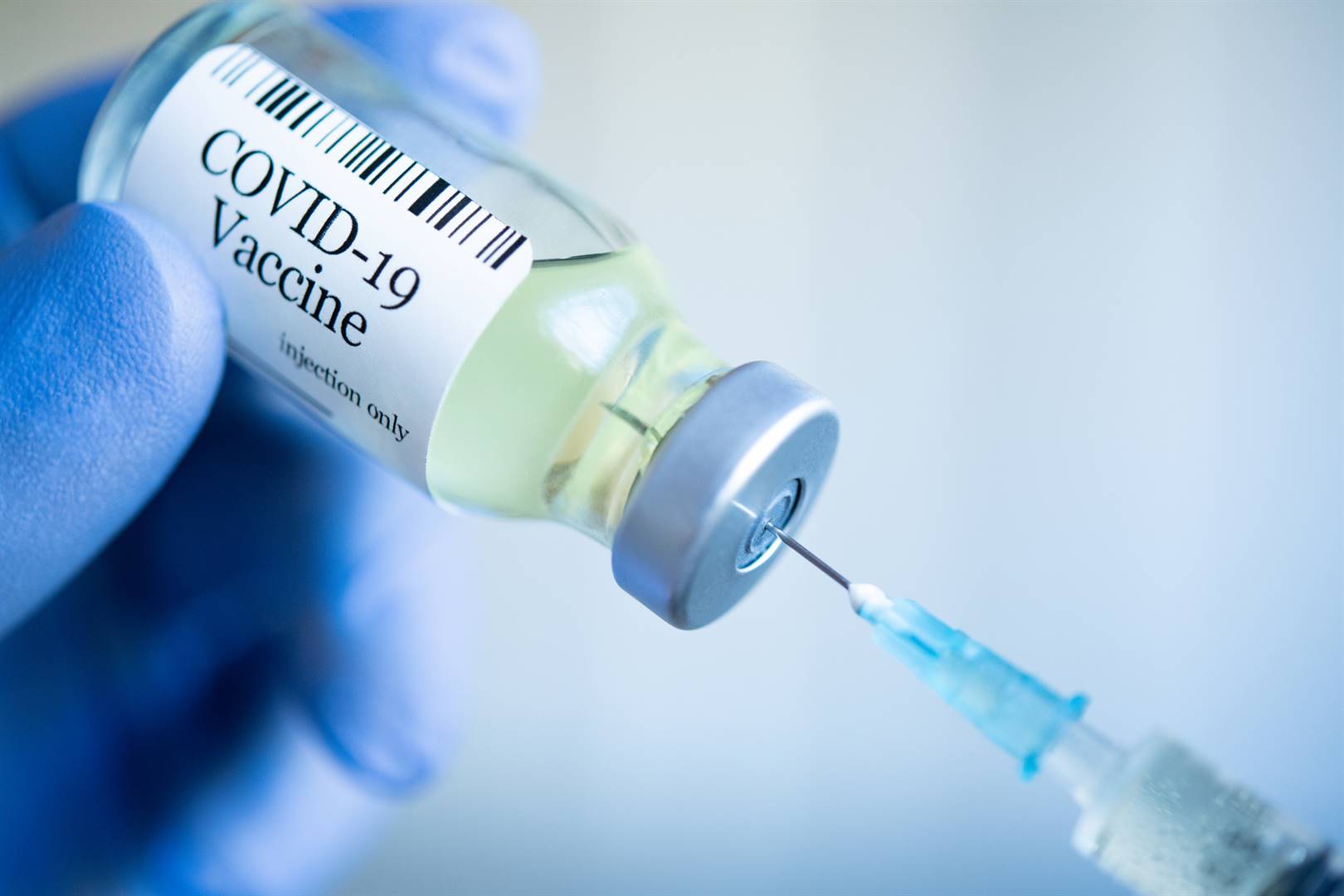
Our government would be justified in making Covid-19 vaccinations compulsory under certain conditions, and subject to WHO ethical considerations, but do we have enough trust in government to implement such a policy, asks Dantia Richards.
Many articles were published over the last year on how South African's civil liberties may be impacted upon if the Covid-19 vaccine becomes an addition to the list of mandatory vaccinations in our passports, or even a standard clause in one's employment agreement.
Although for most of us this might not be something that keeps us awake at night, there are South Africans who unwaveringly believe that the Covid-19 vaccine is not adequately tested for scientists to, without any doubt, guarantee that no life-threatening symptoms, or even death, might occur after receiving the vaccine.
There are also those who might ask how their "democratic" country could even consider legislating compulsory immunisation, since Section 12 of our Constitution guarantees the right to freedom and security. Section 12(2) explicitly outlines that every person has the right to make decisions concerning procreation, protection, control over their bodies, and not be exposed to medical experiments without their informed consent.
Decisions about compulsory vaccinations cannot be made lightly. And certainly not without sound ethical considerations. In a recent policy brief, the World Health Organisation highlighted the ethical considerations as being:
- Necessity and proportionality: This means that mandatory vaccination should be considered only if it is necessary for, and proportionate to, the achievement of an essential public health goal identified by a legitimate public health authority.
- Sufficient evidence of vaccine safety through tested data that is made public.
- Sufficient evidence of vaccine efficacy and effectiveness as a means of achieving a significant public health goal. Sufficient and reliable supply with free access for those for whom it is to be made mandatory.
- Public trust and confidence, not just in public health authorities, but also in the scientific community and in vaccination generally.
- Ethical and transparent analysis and decision-making by public health authorities – the most fundamental requirement for deciding about whether the vaccine should be mandatory.
This means that our government would be justified in making Covid-19 vaccination compulsory under certain conditions and subject to these ethical considerations.
Given the low levels of trust in the South African government - as reported in amongst others the recent Edelman Trust Barometer survey - it would not be unfair to ask if citizens can trust government to follow an ethical approach and consider our civil liberties should they decide to make vaccination compulsory.
Little effort has been made to provide information on public forums to those who are resistant to receiving the vaccine. Seemingly limited consultation is taking place to put people at ease. We hear about a "sufficient supply" of vaccines, but on enquiry, we are often told that "we are out of stock".
On a more individual level, citizens must also ethically consider whether they want to be vaccinated or not.
Ethics, in its simplest form, means that there should be a balance between what is suitable for myself and what is good for others who are affected by my words and deeds. In other words, when deciding to vaccinate or not, people should consider what is suitable for themselves and for other people affected by their decisions.
How will my decision to desist the vaccine impact me and those around me? Will I be compromising my health? Will I be compromising the health of family members or co-workers? What if someone with a co-morbidity dies because I infected them? What if one of my family members, or a family member of someone that I infected, die? How will my actions benefit the greater community?
The reality is, not being vaccinated might cost me my employment, freedom of movement, or my life.
However, despite our personal ethical convictions and decision to vaccinate or not, the question remains if we can truly place our confidence in the South African government to make these critical ethical decisions on our behalf? And if government does decide to promulgate compulsory vaccination, can we trust it to frequently re-evaluate the mandate to ensure it remains necessary and proportionate to achieve public health goals, and to the best of its ability, protect the civil liberties of each citizen in South African?
- Dantia Richards is the company secretary of the Ethics Institute.
To receive Opinions Weekly, sign up for the newsletter here.
*Want to respond to the columnist? Send your letter or article to opinions@news24.comwith your name and town or province. You are welcome to also send a profile picture. We encourage a diversity of voices and views in our readers' submissions and reserve the right not to publish any and all submissions received.
Disclaimer: News24 encourages freedom of speech and the expression of diverse views. The views of columnists published on News24 are therefore their own and do not necessarily represent the views of News24.
